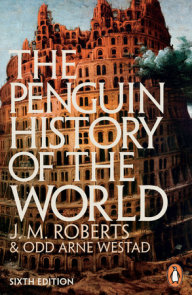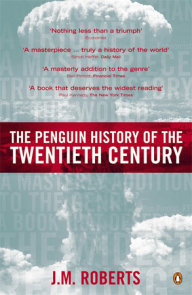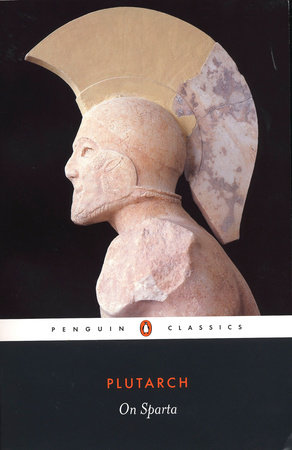

The Penguin History of Europe
By J. M. Roberts
By J. M. Roberts
Category: European World History | Politics

-
$26.00
Dec 01, 1998 | ISBN 9780140265613
Buy the Paperback:
YOU MAY ALSO LIKE
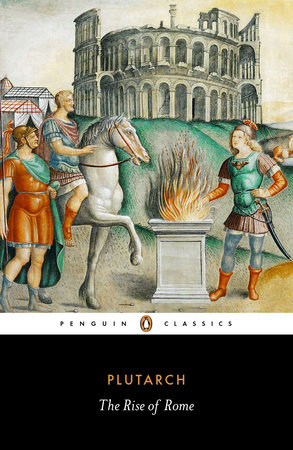
The Rise of Rome
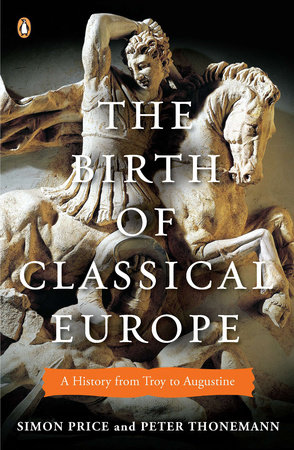
The Birth of Classical Europe
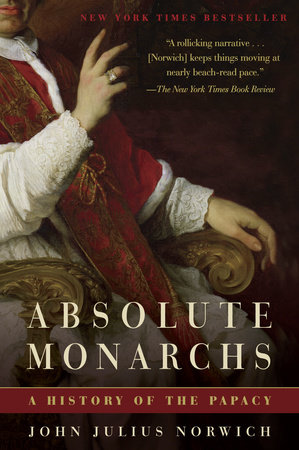
Absolute Monarchs
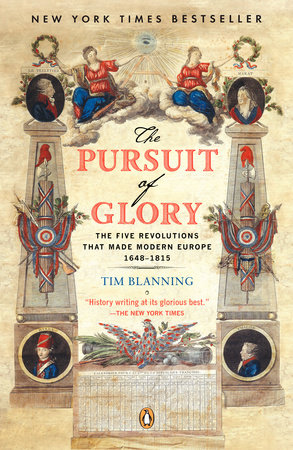
The Pursuit of Glory
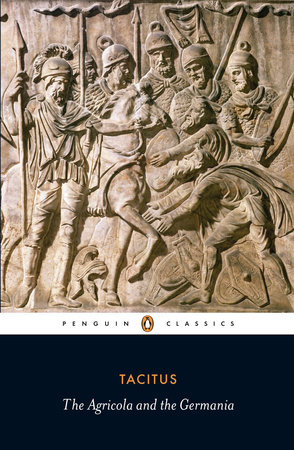
Agricola and the Germania
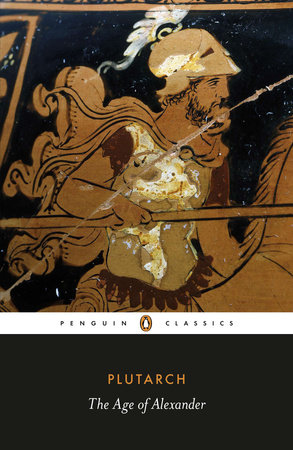
The Age of Alexander
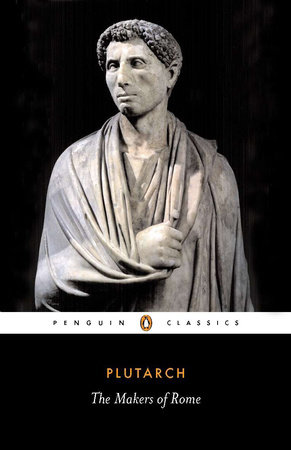
The Makers of Rome
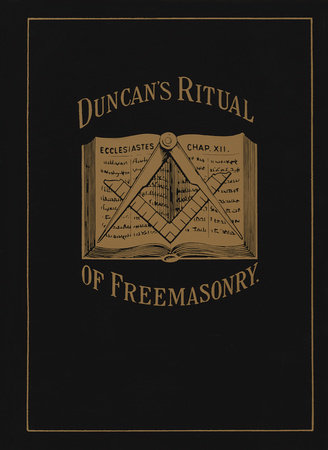
Duncan’s Ritual of Freemasonry
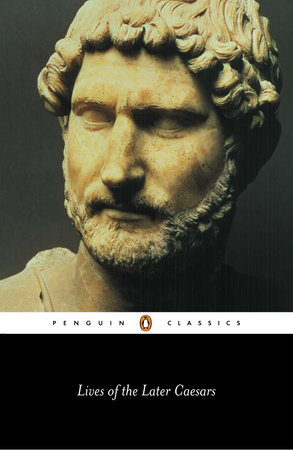
Lives of the Later Caesars
Table Of Contents
The Penguin History of Europe – J.M. Roberts List of Maps
List of Chronologies
Foreword
Book One: Heritages
1. Bedrock: Geography; The earliest Europeans; The Neolithic and agricultural revolutions; Migrants and immigrants; Mentalities; Early Aegean civilization
2. Ancient Greece: The importance of the classical past; The Greeks; The Greek diaspora; The city-state; Conflict in the Greek world; The Greek “achievement”; The beginnings of systematic enquiry; An attempt to summarize
3. The Making of the Roman World: Etruscan origins; Macedon and the Hellenistic age; Alexander the Great; The Hellenistic world; The rise of Roman power; The Punic Wars; Empire; Celtic Europe; Republican decay; Civil war; The Jews and the Roman empire; Jesus of Nazareth; St. Paul
4. Imperial Rome and World History: Establishing the empire; The imperial legacy; Law and order; Christianity and the empire; Imperial problems: the east; Imperial problems: Europe; Diocletian; Christian empire; Decline and fall in the west; Western Europe at the end of antiquity; The Merovingians
Book Two: Christendom
1. Re-definition: The age of Justinian; The burdens of empire; Changing religious destinies: monasticism; Bishops and popes; The western Church and the barbarians; Drifting apart; Doctrinal division; Byzantium and nearer Asia; Islam; The Arab conquests; An alternative civilization; Islam in Europe; Byzantium’s new challengers; Slavs and Bulgars; Religious dispute
2. The Re-shaping of the West: Western Christendom; The papacy and the Franks; Charlemagne; The Carolingian heritage; A new empire; Italy and Mediterranean Europe; The Viking north; Anglo-Saxon England; The western Church at work; Church and State: issues of reform
3. Medieval Societies: Emerging from antiquity; A new agriculture; The social order; The beginnings of sustainable growth; Towns and trade; Technology; The Black Death and after; Social change
4. Frontiers and Neighbours: The World’s Debate; Franks and Greeks; The Crusades; Eastern Europe and the Slavs; Kiev Rus; Christian Russia; Poland; Europe’s emerging shape; A psychological frontier
5. The Civilization of the Middle Ages: The identification of an idea; The Church; Innovation and heresy; The Great Schism; New patterns of power; Kings and nations; England and France; Spain; Germany and Italy; A new political structure
6. New Prospects in the East: The Venetian republic; 1204 and the crippling of Byzantium; The Ottomans; The end of Byzantium; Ottoman Europe; Russia; The mind of the west; Renaissance; Printing; Re-orientation; The weight of the past; Enterprise; A new world; New visions of the world
Book Three: Launching Modern History 1500-1800
1. A New Age: Modernity and modern history; Numbers and modernity; Feeding a larger population; A new commercial world; Oceanic commerce; Slaving; The foundations of an industrial economy; Europe in a wider world
2. Society and Belief: Social order; Women; The fragmentation of Christendom; Luther; The European Reformation; England: a special case; Wars of the Reformation; Counter-Reformation; Science: a new force; Enlightenment
3. The Political Organization of Western Europe: Building blocks; Structures and issues; Habsburg and Valois; The Italian wars; The era of Spanish decline; The new Netherlands; England; The travails of monarchy; The Thirty Years’ War; Political thinking and state power
4. The Ancien Regime: Contrasting monarchies: France and England; England; The France of Louis XIV; French ascendancy and the balance of power; The stabilization of western Europe; Change in eastern Europe; Poland’s troubles; The new great power in the east; Peter the Great; Monarchy and the state in the eighteenth century; Prussia and the Habsburgs; Russia and the eastern question; Polish partition; New international structures
5. The World’s New Shape: A new picture of the world; Africa; The Americas; The beginnings of European imperialism; The North American colonies; Europe encounters East Asia; Europe and China; Japan; Europeans in India; Trade, empire, diplomacy and war; Global economic change; Subjection and domination; Changing the world; Perception and feelings; The spread of Christianity; The beginnings of a European world
Book Four: The European Age
1. New Politics: An age of revolution; The first overseas European nation; The United States and European opinion; The French Revolution; Revolutionary appearance and reality; The Revolution abroad; Revolution and European overseas empire; Napoleonic Europe; The new map of Europe; Shared experience
2. The World’s New Rich: Europe’s numbers; A new abundance; Rural Europe; New European lands; Industrialism; Steam; Industrial societies; A world economic system; Cities
3. A New Sort of Civilization: New patterns of life; Industrialization and ideology; Socialism; Intellectual and cultural change; Science
4. A New European Order: Legitimacy and its challengers; Foundations of peace; The July Monarchy; The new Eastern Question; 1848; The Crimean War; Reshaping the map; Conservatism and modernization: Russia; Conservatism and modernization: the United Kingdom
5. World Hegemony: Europe’s new global role; The Great Resettlement; The civilized world; The direct impact; New European nations overseas; Empire-building; India: the growth of responsibility; India: the Mutiny and after; France overseas; The “imperialist wave” and international relations; The Scramble for Africa; Imperial Europe and the Far East; China: the barbarian onslaught; China: concessions and decline; Japan: qualified hegemony
6. International Order and Disorder: New patterns of power; Nationalism; The management of danger; Socialism; Changing opinions; Rome and modernity; Bismarck’s Europe; International relations in the 1890s
Book Five: Europe’s Twentieth Century: The Era of European Civil War
1. Pressures and Strains: European identity in a changing world; Privilege and democracy; Women in politics and society; The politics of mass society; Social fear; The spectre of socialism; Religion in European public life; Changing mentalities; Cracks in the European world hegemony; New competitors: Young Turks; New competitors: the Far East; Troubled empires
2. The Breakdown of International Order: Attitudes and expectations; Alliances and entanglements; The beginnings of international change; The re-emergence of Balkan questions; Russian recovery and Russian power; The end of peace; The crisis and after
3. European Revolution: The Great War; Revolutionizing the war; Revolution and strategy; The Ottoman collapse; The end of the first German war; The peace settlements; The League of Nations and Europe; Revolution and the new Russia; Locarno
4. Crumbling Foundations: Attitudes and ideas; The last age of formal empire; British India; A new Asia in the making; European empire in the Middle East; Europeanizing Islamic societies; Economic disaster: the world slump
5. The Last Years of European Illusion: New politics; A new authoritarianism; The re-emergence of the German question; Ideology in international relations; Hitler’s revolution; The path to war; The second German war; The Second World War; The meaning of victory; Europe in 1945
Book Six: Europe in the Cold War and After
1. Europe in the Aftermath of War: The dwarfing of Europe; The new balance of power; The post-war USSR; The United States and post-war Europe; Cold War origins; The Marshall Plan; The liquidation of empire; The post-war Middle East; Israel and the Cold War; Europe divided: the first crisis; The beginnings of European political integration
2. Europe and Global Cold War: A new East Asia; The Middle East and North Africa; Europe and sub-Saharan Africa; European recovery; Political reorganization; New structures in western Europe; East European rumblings; The tensions of 1960-62; Change in the USSR; Complications; De Gaulle and Gaullisme; Germany: Ostpolitik
3. The End of the European Post-war Order: A search for stability: the 1970s; The oil crisis and western Europe; The United Kingdom; Communist Europe; Détent and the Soviet Union; The United Kingdom in the 1980s; Polish revolution; Contagion and emulation; A new Germany; Revolution in the Soviet Union; The dissolutoin of eastern Europe
4. A New Order inthe Making?: The break-up of Yugoslavia; The end of the USSR; European integration; The Islamic bogy; The new Russia and the Commonwealth of Independent States; European disorder
Postscript: Facing the Twenty-first Century
Index
21 Books You’ve Been Meaning to Read
Just for joining you’ll get personalized recommendations on your dashboard daily and features only for members.
Find Out More Join Now Sign In






